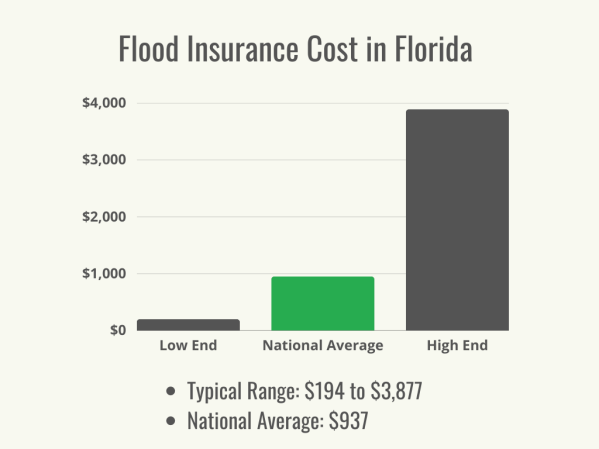We may earn revenue from the products available on this page and participate in affiliate programs. Learn More ›
Q: I’m about to buy my first house and was told I needed to get title insurance. What is title insurance for a house, and do I really need it?
A: Title insurance for a house protects your ownership right to the home in case of claims against your ownership of the property or title issues, such as misspellings or other errors. This is a different policy than homeowner’s insurance, which protects the property against damages.
If you borrow money to buy a home, your mortgage lending institution will probably require you to buy a title insurance policy to protect its interest. Homeowners who don’t need a mortgage also can purchase title insurance to protect their purchase.
There are some important details to consider before acquiring title insurance. To help you understand the ins and outs of title insurance, let’s look into what is title insurance for a house, whom title insurance protects, what kind of situations it covers, and what are the different types of insurance policies.
RELATED: Solved! What Are the 8 Types of Homeowners Insurance Policies?
Title insurance covers claims related to potentially hidden defects in real estate transactions.
When purchasing property in a real estate transaction, the title company completes a public record search to confirm that the property is free and clear of any liens or ownership disputes. This is done to ensure the seller is legally able to sell the home to the buyer.
If there are any underlying issues with a home or property’s title that the title company may have missed during the home-buying process, then title insurance can help. Here are some common title issues that title insurance can protect:
- Title forgeries that could lead to home title theft
- Back taxes
- Filing errors
- Unknown heirs to the property who claim ownership
- Liens that are commonly from unpaid home equity lines of credit (HELOCs) or contractor bills
- Outstanding lawsuits against the property
- Undocumented easements that are agreements where someone pays to use the property; for example, a utility company that agrees to pay to run a power line through the property

Home title insurance protects both lenders and buyers in a house sale.
If there are problems with the property title, it can affect more than just the buyers looking for a new home. Since many people purchase houses with a mortgage, lending companies can also be affected by title defects. That’s why many lenders require title insurance as part of the mortgage agreement with buyers to protect themselves.
RELATED: The Best Homeowners Insurance Companies of 2023
There are two types of title insurance.
There are two options for home title insurance: owner’s title insurance and lender’s title insurance. Both policies protect against issues with the title in a real estate transaction but protect different parties.
- Lender’s title insurance protects mortgage lenders from any losses from the mortgage in case issues arise with the home title. Since most mortgage lenders require lender’s title insurance, it’s standard for the home buyer to pay for the lender’s title insurance policy as a part of closing costs.
- Owner’s title insurance is an optional policy that protects home buyers from potential losses from any unknown defects in the title that existed before they purchased the home and became known after taking ownership of the property. The owner’s policy remains in effect however long the buyers own the property.
Although lender’s title insurance can be required by the mortgage company, an owner’s policy is optional and usually about 0.5 to 1 percent of the home’s purchase price. In many areas, sellers will pay for owner title insurance policies as part of their obligation to transfer the title to the home buyer. The question of who pays for title insurance can be negotiated between buyers and sellers as part of the home purchase agreement.
Title insurance rates vary by location, but it’s a one-time fee.
While title insurance is another cost most buyers will need to consider in their home transaction, the good news is it’s a one-time fee. This policy typically costs anywhere from 0.5 to 1 percent of the home’s purchase price. For example, if the home was purchased for $400,000, the title insurance might cost somewhere in the range of $2,000 to $4,000. Overall, title insurance policies are not based on a standard fixed rate and can vary by provider and by where the property is located.
According to the Stewart Rate Calculator, a transaction of $400,000 in Chicago could lead to $2,350 for the owner’s title insurance (which can be paid by the buyer or seller) and $2,190 for the lender’s title insurance paid by the buyer.
To get the best value, buyers can shop around for a lower insurance premium rate at different title insurance companies and ask about hidden fees and charges. It may be cheaper to use the same provider for both the owner’s and lender’s title insurance, if buyers decide to purchase an owner’s title insurance policy. Some title companies offer other discounts, too, so buyers can search for a better price.
Will a new home need title insurance?
Although new construction homes are less likely to have issues with the house title since the buyers are the first people to own the home, there are cases where title insurance may be a good idea. Title insurance could come in handy if issues arise concerning the land where the home is built. There may be claims to the land or liens placed during the construction that could negatively impact a home buyer’s claim on the property.
RELATED: Solved! How Much Homeowners Insurance Do I Need?

While it’s optional, home buyers may determine home title insurance is worth it for them.
Since most lenders require lender’s title insurance, buyers may decide it is worth getting their own protection through owner’s title insurance. Additionally, buyers can negotiate with sellers in the home purchase agreement and may ask for the sellers to cover the cost of an owner’s title policy.
No matter who pays for it, a home title insurance policy can provide homeowners peace of mind throughout the purchasing process and avoid issues that could possibly come up in the future. It’s just one more step to ensure buyers have a stress-free journey purchasing a new home.









